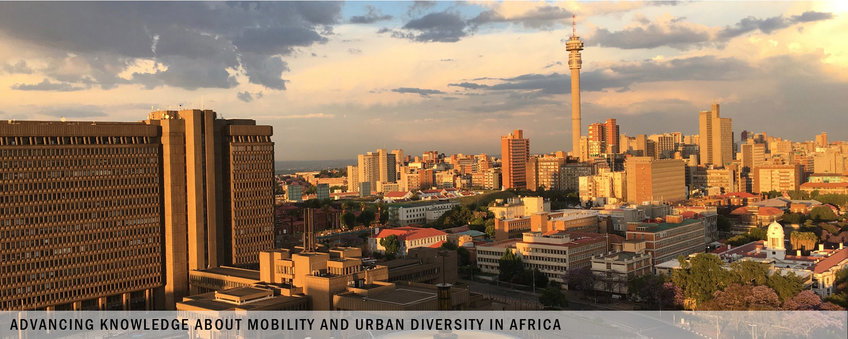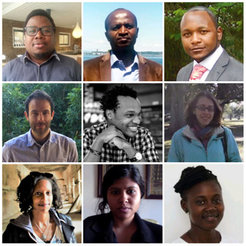
Academy for African Urban Diversity


The African continent is rapidly urbanizing. If this point is agreed upon by a wide variety of actors—from media, to governments, UN agencies, development banks as well as scholars—there is far less consensus about what this process will mean for Africans. The Academy of African Urban Diversity aims to bring together doctoral students to debate and theorize the political, social and economic processes surrounding Africa’s growing and diversifying cities. The Academy aims to counter the narrow empiricism that characterizes many studies of urban Africa by pushing participants to think relationally and theoretically about the social, economic and political assemblages and processes generated by rapid urbanization and human mobility. As regional and global crossroads, African cities refract broader geo-economic and political trends, often in innovative, anticipatory and unexpected ways. What new political orders and subjectivities are produced in fast-growing and diverse cities? How do urban residents reformat social relations across time and space, folding in practices of solidarity as well as indifference? If urbanization denotes processes of establishing and distributing public and common goods, how are under-resourced cities positioning themselves to meet the needs of the rising urban populations? In what ways are rights—to land, to the city, to political participation, to expression—constituted or reshaped in relation to formal and informal modes of urban governance? When are differences—of gender, generations, class, ethnicity, or migration history—made to matter, and in what ways?

